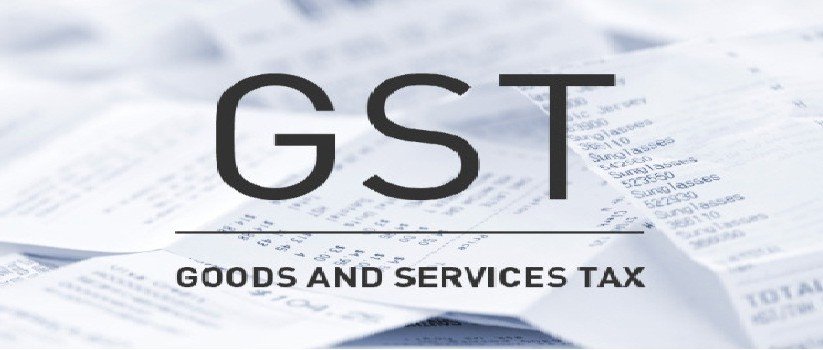The Goods and Services Tax (GST) has been a pivotal tax reform in India since its inception in July 2017. It has not only streamlined the taxation system but also played a crucial role in the country’s economic growth. To keep pace with changing economic dynamics and to address the concerns of various stakeholders, the Indian government regularly amends and updates the GST framework. In September 2023, a set of significant GST amendments were introduced, aiming to simplify compliance, enhance transparency, and stimulate economic recovery. In this article, we will delve into the key changes brought about by the GST September 2023 Amendment Rules.

Simplification of GST Return Filing
One of the most noteworthy changes is the simplification of GST return filing procedures. The government has introduced a single monthly return filing system, merging the existing GSTR-1 and GSTR-3B into a single return. This move aims to reduce the compliance burden on taxpayers and improve ease of doing business.
Additionally, small taxpayers with an annual turnover of up to Rs. 5 crore are now eligible for the Quarterly Return Monthly Payment (QRMP) scheme. This scheme allows them to file quarterly returns while making monthly payments of GST, simplifying the process for smaller businesses.
Improved Input Tax Credit (ITC) Mechanism
The GST September 2023 Amendment Rules have introduced changes to the ITC mechanism. The government has implemented stricter validation checks to curb fraudulent ITC claims. Businesses will now be required to match the details of their sales and purchases with those of their suppliers and customers. This step is expected to enhance transparency and reduce tax evasion.
E-invoicing Mandate Expansion
E-invoicing, which was previously mandatory for businesses with an annual turnover of Rs. 100 crore or more, has now been extended to businesses with an annual turnover of Rs. 20 crore or more. This expansion is part of the government’s efforts to digitize and streamline the invoicing process, ultimately reducing tax evasion and errors.
Changes in the Composition Scheme
The Composition Scheme, which allows small businesses to pay a fixed percentage of their turnover as GST, has seen several amendments. The eligibility threshold for this scheme has been raised from Rs. 1.5 crore to Rs. 2 crore, providing relief to more small businesses. Additionally, service providers can now opt for the Composition Scheme, further expanding its scope.
Measures to Prevent Tax Evasion
To tackle tax evasion effectively, the GST September 2023 Amendment Rules introduce measures such as real-time tracking of high-value transactions, stricter penal provisions, and the implementation of an Aadhar-based authentication system for taxpayers. These steps aim to create a more robust compliance framework and reduce revenue leakages.
Rationalization of GST Rates
The amendment rules have also led to the rationalization of GST rates on various goods and services. The government has reviewed the GST rates on items such as textiles, footwear, and certain electronic components, with an emphasis on reducing the tax burden on essential items.

